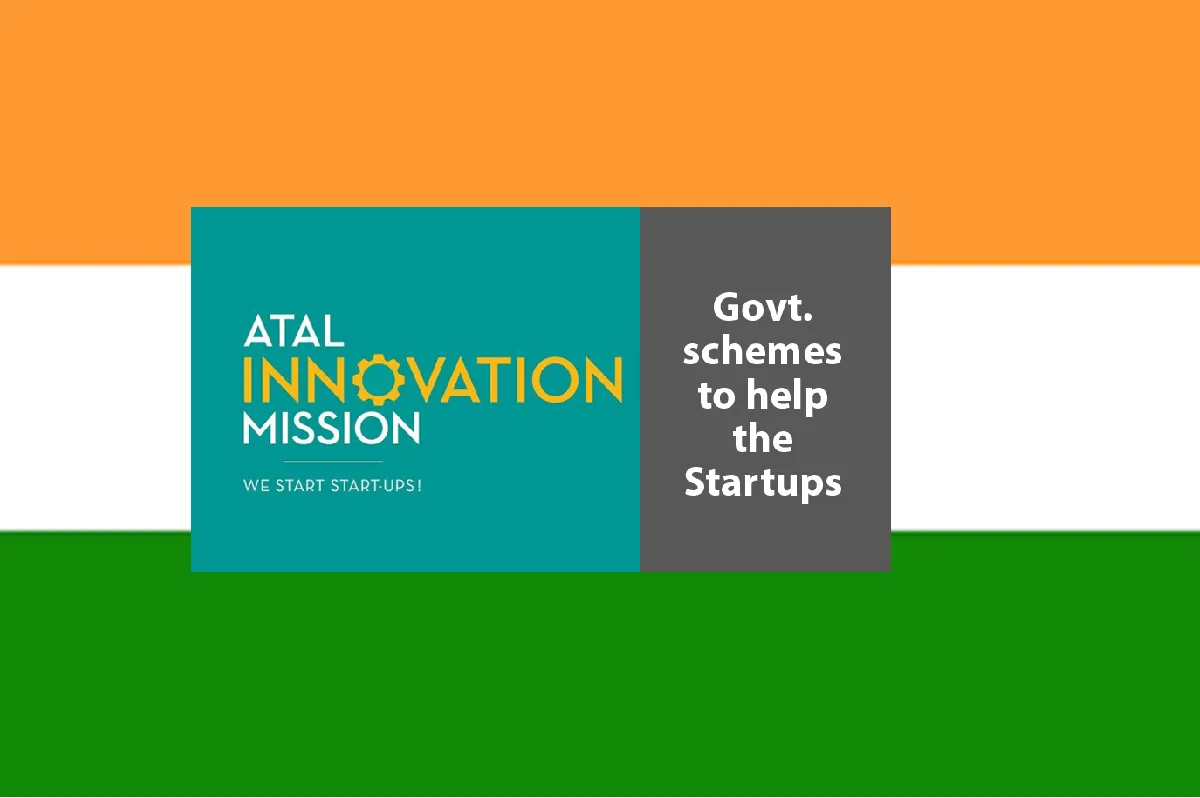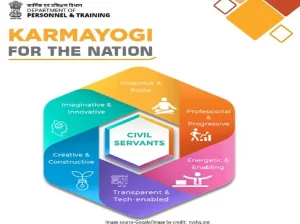Govt. of India and the Ministry of MSME has launched many distinctive Government loan schemes for small-scale businesses and MSMEs in India. We have got lined the top 5 Indian Government subsidies list for Startups and MSMEs, which might facilitate them, trigger growth, and a lot of business.
When it involves Micro, Small, and Medium Enterprises (MSMEs) and startups, the Government of India is conspicuous: they have to be nurtured, protected and inspired for India’s betterment.
Govt of India desires MSME’s contribution to India’s GDP to hit the 50% mark by 2024, from the present 29%, and offer jobs to 15 crore Indians, up from 11 crores presently. The Ministry of Micro, Small, and Medium Enterprises has introduced many Government business loan schemes for startups, and small-scale businesses, aiming to supply them with a lot of resources and a platform for triggering a lot of growth.
Startups and MSMEs are the organization based on which the Atma Nirbhar mission and Make
In India initiative can succeed – Generating a lot of employment, increasing exports, raising the quality of living for several Indians, and creating India sturdy globally.
India ranks among the fastest-growing ecosystems when it involves startups, particularly technical startups. Last year, Venture Capitalists infused best of $48 billion into Indian firms and concepts for increasing their presence.
Hence, India is in an exceedingly distinctive position where each Govt and personal investors want Indian entrepreneurs and startups, MSMEs, to succeed and make their presence felt across the globe. During this endeavor, the Government of India and the Ministry of Micro, Small, and Medium Enterprises have launched distinctive MSME business loan schemes and programs designed to empower startups and MSMEs in India.
Table of Contents
Government Schemes for Startups in India?
Here are the top 5 Government Schemes for Start-ups and MSMEs, which might facilitate them, trigger growth, and a lot of business:

1. Pradhan Mantri Mudra Yojana
PM Modi launched Pradhan Mantri Mudra Yojana, whereby Micro Units Development and Refinance Agency Bank or Mudra Banks offer loans at low rates to microfinance establishments and non-banking money establishments, who, on the other hand, provide low-interest loans to startups and MSMEs. Hence, Pradhan Mantri Mudra Yojana is one among its kind of funds devised and conceptualized to empower Indian entrepreneurs.
Government loans up to Rs 10 lakh are often availed under the Mudra Yojana. It was launched in 2015. It generated over 1.8 crore jobs within two years because of the loans and business generated via the scheme. Until August 14th, 2020, over 67 lakhs loans amounting to Rs 48000 crores have been sanctioned under this scheme.
There are three classes of companies that might avail of loans under the Mudra loan for startups:
● Category 1: Shishu, which is for brand new businesses. Loans up to Rs 50000 are often availed.
● Category 2: Kishor, which is a mid-aged business. Loans up to Rs 5 lakhs are often availed.
● Category 3: Tarun, which is an existing, old business. Loans up to Rs 10 lakhs are often availed.
The Mudra scheme covers MSMEs like small manufacturing units, retailers, wholesalers, artisans, etc.
2. Credit Guarantee Trust Fund for Micro & Small Enterprises (CGTSME)
CGTSME is one of the most crucial Startup Loan Schemes launched by the Ministry of MSME in India.
Under this Government scheme, a collateral-free loan of up to Rs 1 crore is provided to eligible startups and MSMEs. The loan is distributed via a trust named Credit Guarantee Fund Trust for Micro and Small Enterprises (CGTMSE), which is hopped up by the Ministry of MSME and Small Industries Development Bank of India (SIDBI).
3. Backing of MSMEs in the ZED Certification Scheme
Focussed on existing and new manufacturing units, ZED or Zero Defect and Zero Effect Emission encourage makers to make better products with top quality and zero defects. The main target is to enable makers to embrace top-class manufacturing processes and use technology to confirm that their products are the simplest and best within the category.
The government scheme can offer financial backing, technology, and tools to confirm zero defects in their products. Startups and MSMEs have to register for the ZED program.
4. Credit Linked Capital Subsidy for Technology Upgradation (CLCSS)
Govt is aware that technology is the tool that will propel Indian startups and MSMEs to contend with international competitors.
It is the reason for creating the Credit Linked Capital Subsidy for Technology Upgradation (CLCSS) Government scheme, where Govt provides economic aid to MSMEs to upgrade their technology and implement state of the art technological platforms for their business.
Under CLCSS, Govt provides a 15% subsidy for investment up to Rs 1 crore for upgrading technology for startups and MSMEs in India. Over 7500 products/services are lined under this Government scheme.
5. Design Clinic for Design Expertise to MSMEs
Design and innovation are vital for any sector, and each startup and MSME ought to have a design-centric approach to resolve their niche issues. To encourage and inspire small-scale businesses to experiment and check out new designs for their products, the MSME Ministry has created a Design Clinic for inducing design-related expertise for startups and MSMEs.
Under this Government scheme, Govt. will offer up to Rs 60000 aid for attending design seminars and up to Rs 3.75 lakhs or 75% of the price of a workshop, where the entrepreneur and their team will learn and implement design theories and learn a lot of regarding them. Via this program, entrepreneurs will realize the most recent trends and practices associated with designs, communicate and network with other designers and entrepreneurs, and learn in-depth about design mentality and theories.
MSMEs, new businesses, startups, and agencies can apply online for this design clinic and enter a new dimension of innovation.
Bonus: Get a Wealth of Knowledge, Information at the Start-up India Portal
Govt of India and the Ministry of MSME have launched a colossal portal known as Startup India that provides a wealth of knowledge and resources to new and existing entrepreneurs for their startups, businesses, and MSMEs.
In this portal, entrepreneurs will understand a lot about Patents, Copyright Laws, Best Recruitment Practices, Research Reports, a lot of data regarding all Start-up Loan Schemes, Entrepreneur Development Programs, and more.
FAQs
1. For how long would recognition as a “Start-up” be valid?
An entity would stop to be a ‘start-up’ upon expiration of:
a) 5 years from the date of its incorporation/ registration, OR
b) If its turnover for any of the financial years has exceeded INR 25 crore; OR
Start-ups would be needed to intimate DIPP of any such cases within 21 days.
2. What's the timeframe for getting certificate of recognition as a “Start-up” just in case an entity already exists?
The process of registration in such cases shall be real time and also the certificate of recognition would be issued immediately upon successful submission of the application.
3. Would I need to print an application form and submit the physical copy of the same to complete the method of Start-up registration?
No. the application needs to be submitted online.
4. Once my registration is successful , would I acquire a certificate for it? If yes, would I be able to download the certificate?
Yes. On successful registration, you can download a system generated verifiable certificate of recognition.
5. If an incubator rejects an application, will the entity be able to apply once more to the same incubator or would it be needed to apply at an other incubator?
Yes. In such cases, an entity can apply once more to the same incubator that rejected the application, as well any other incubator.






